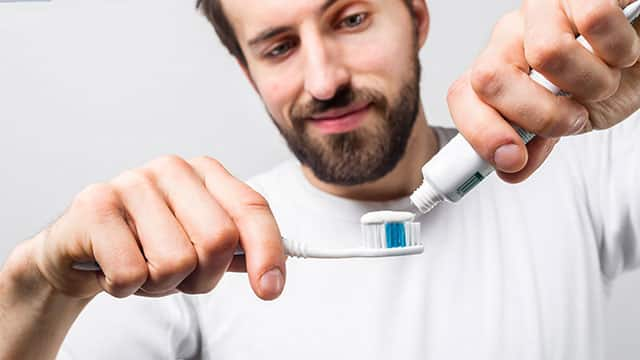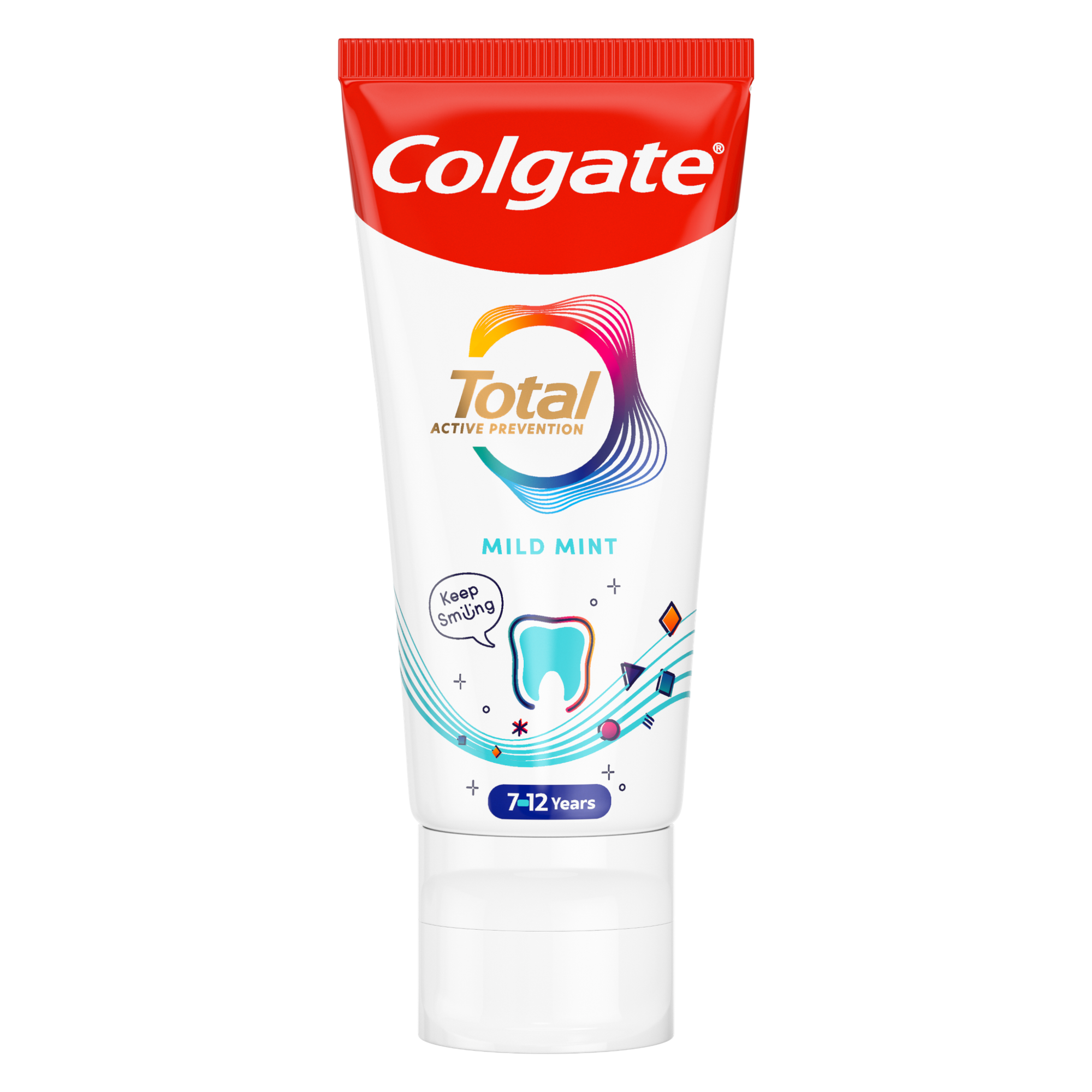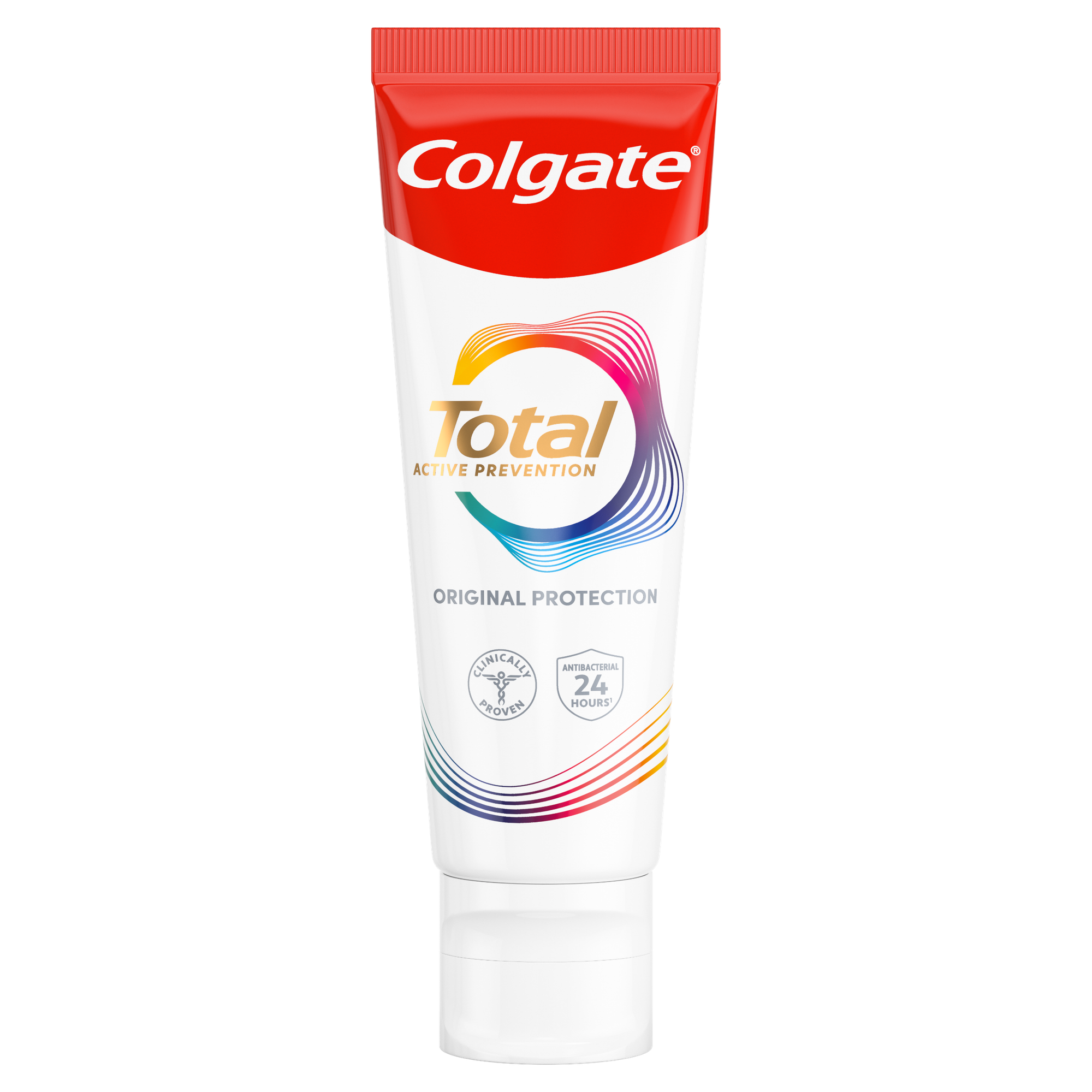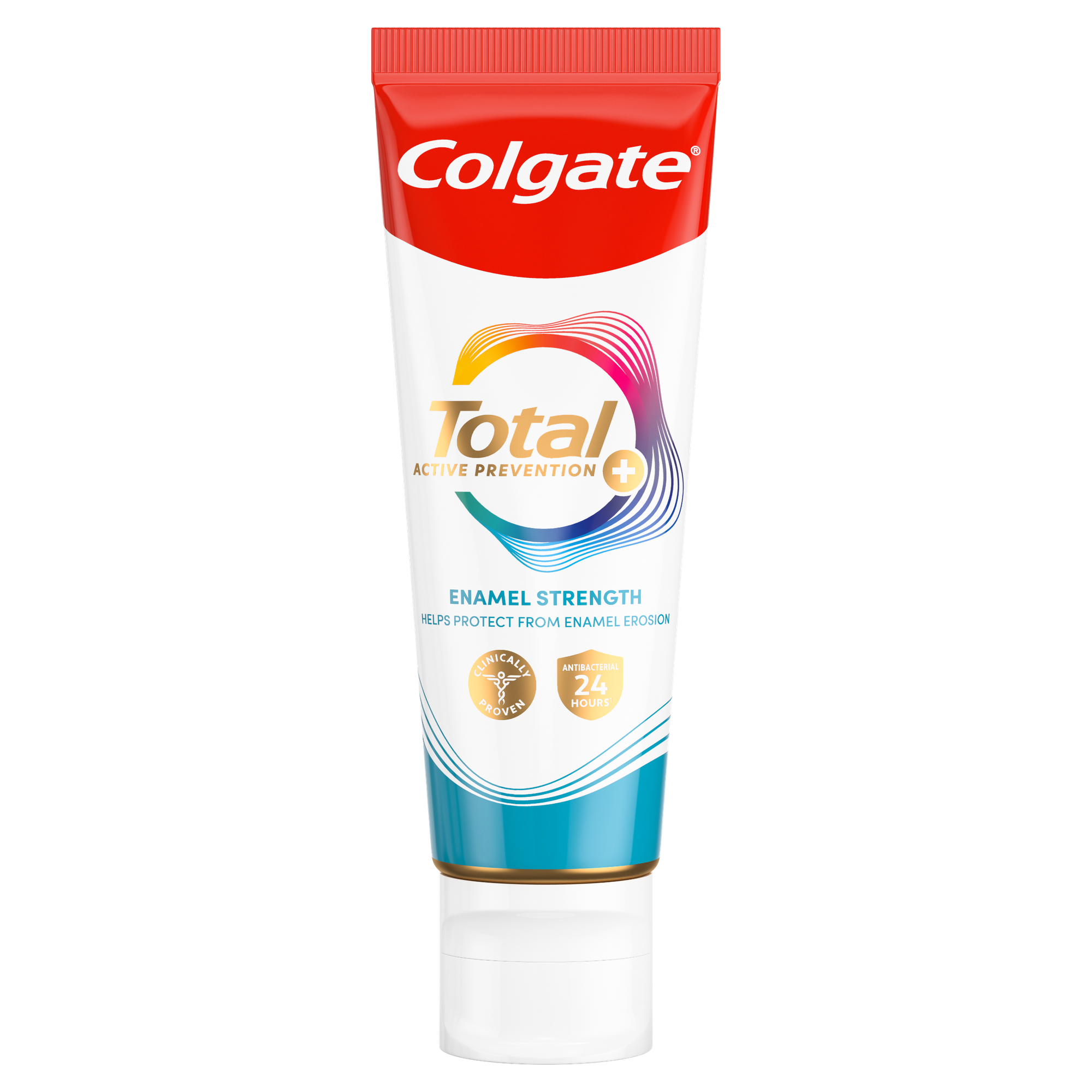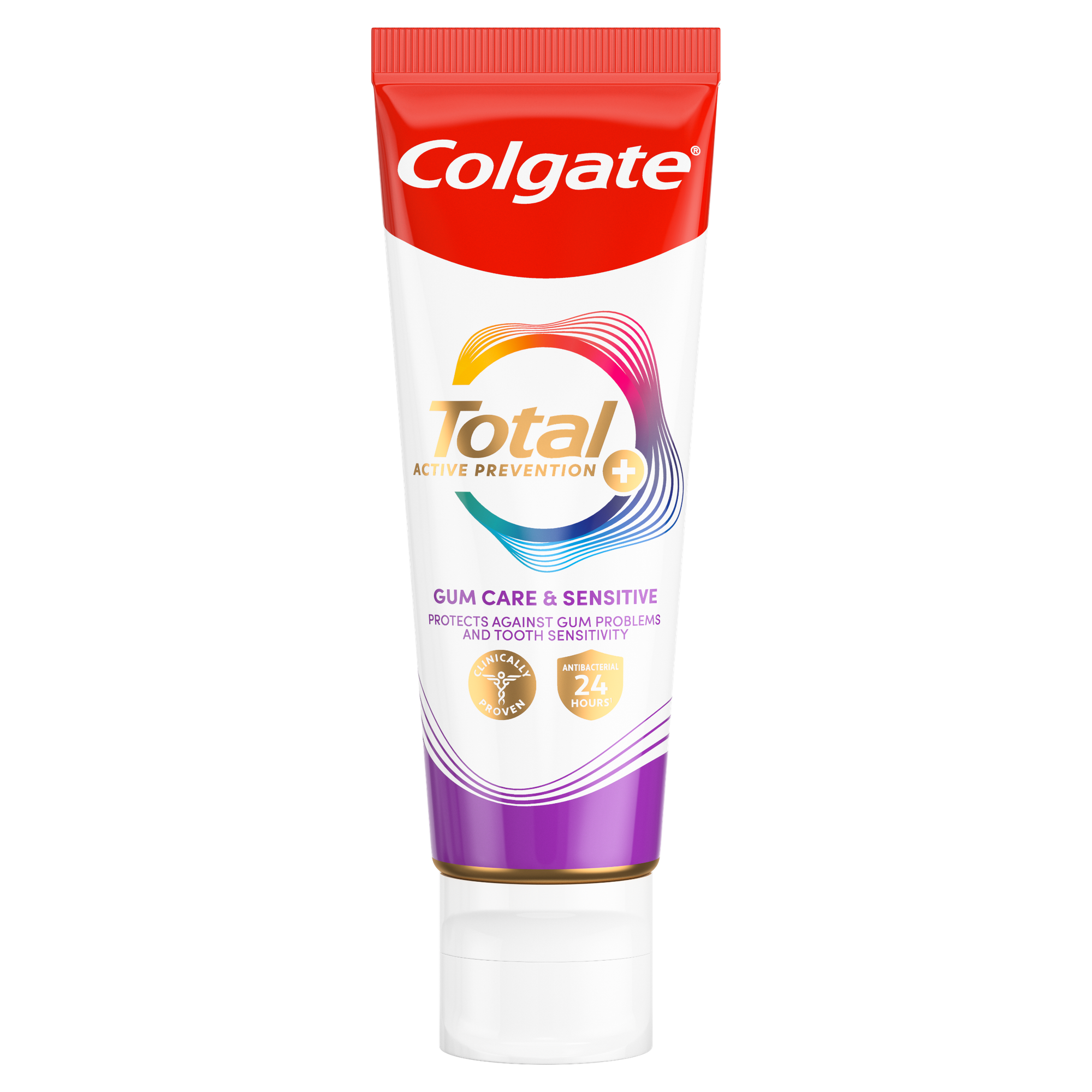While a tooth extraction is a relatively simple procedure, patients should watch out for certain issues during the healing process, including the most common complication: a dry socket. Read on to find out more about dry socket symptoms, the telltale signs of dry socket and some tooth extraction aftercare tips.
What is a dry socket?
When you have a tooth removed, a blood clot forms to protect the bone and nerves at your tooth extraction site. Sometimes the clot can become dislodged which will stop the wound from healing properly. This is known as a dry socket. It exposes the nerves and bones to bacteria, and can cause significant pain and discomfort.
Some of the most common dry socket symptoms include:
- Ongoing, throbbing pain around 1-5 days after your tooth extraction. The pain may even extend up to your ear or eye
- Bad breath
- An unpleasant taste in your mouth that won’t go away
- Fever-like symptoms
What causes a dry socket?
Now you know the signs of dry socket, let's take a closer look at how you might get one. You’re at risk of developing dry socket if you’ve recently had a tooth removed – especially a wisdom tooth. In the first few days after your treatment, tooth extraction aftercare is crucial. You might be more susceptible to developing dry socket if you
- Have an underlying infection in your mouth
- Have suffered trauma during the tooth extraction
- Have problems with your jawbone
- Smoke
- Have previously had dry socket
- Brush the extraction area too hard and dislodge the clot
- Use oral contraceptives
- Don’t have a good oral hygiene routine
There are a few complications that could arise following a tooth extraction. A dry socket is the most common complication but also very avoidable.
How to Prevent Dry Socket
Now we know more about what causes it, how can you prevent dry socket? It’s actually quite simple and should be straightforward for anyone who practises a good oral hygiene routine. Follow these tooth extraction aftercare tips to look after your extraction site:
Food and drink
Don't eat anything hard, sticky or chewy for several days after the procedure. Avoid straws, eating on the side of the extraction and sugary, caffeinated and alcoholic beverages. Stick to soft foods and lots of water.
Tobacco use
Don't use tobacco products. Smoking will expose bacteria to the site, and chewing tobacco can dislodge the clot. Both of these things will slow the healing.
Hygiene
Don’t brush the extraction site for 24 hours after your procedure. You can still carefully brush your other teeth and tongue. After 24 hours, you can also rinse with an antibacterial mouthwash or salt water to clean the extraction site.
Rest
Allow yourself some time to heal and relax. Stay away from any activities that are too physical or could affect your mouth in any way. Sleeping with your head elevated on a few pillows can improve blood flow and reduce the risk of the clot dislodging.
How to treat a dry socket
If you’re experiencing any dry socket symptoms, make an appointment to see your dentist right away. They can tend to the site and help lessen the pain. Your dentist will treat the dry socket with:
Paste
Your dentist may flush out the extraction site to remove any bacteria or food particles, then apply a medicated dressing (dry socket paste) to help numb the pain.
Pain reliever
Painkillers and anti-inflammatories, such as paracetamol or ibuprofen can provide pain relief.*
Saltwater rinse
Your dentist may also recommend that you do saltwater rinses at home to keep the area clean and help with healing.
Don't worry about the tooth extraction. That's out of your hands. Just focus on your tooth extraction aftercare routine. Be sure to follow your dentist's advice, be smart, and gently and adequately care for the extraction site. If you do that, you'll be less at risk of developing any problems and should heal nicely.
*Always consult a medical practitioner before taking any medication.
This article is intended to promote understanding of and knowledge about general oral health topics. It is not intended to be a substitute for professional advice, diagnosis or treatment. Always seek the advice of your dentist or other qualified healthcare provider with any questions you may have regarding a medical condition or treatment.
ORAL HEALTH QUIZ
What's behind your smile?
Take our Oral Health assessment to get the most from your oral care routine
ORAL HEALTH QUIZ
What's behind your smile?
Take our Oral Health assessment to get the most from your oral care routine





